Product liability claims are the result of a dangerous product causing harm to a consumer. In most cases, there has been negligence on the part of a seller, distributor, or manufacturer of a product that led to the dangerous defect that was the cause of the consumer’s injury. In strict product liability cases, however, negligence is not an issue. The seller, distributor or manufacturer of the defective product may still be held liable for the injuries the product caused, regardless of the level of care taken. In a recent Pennsylvania case, a federal court held that Amazon, the online superstore, could be held strictly liable for injuries caused by products sold by its third-party sellers.
Product Liability from Amazon
Amazon is an online shopping giant. It sells everything. Amazon sells its own inventory and also permits third-party sellers to list products for sale. The vendors usually have the option of storing their products in Amazon warehouses or shipping them directly to customers. Heather Oberdorf purchased a retractable dog leash from a third party seller on Amazon. When she was using the leash, it broke, recoiled and hit her in the face, resulting in permanent blindness in her left eye. She brought suit against Amazon for strict product liability in 2016 in Pennsylvania federal court. The U.S. federal district court dismissed her claims, determining that the third-party vendor was the party that should be strictly liable under Pennsylvania law.
The Court of Appeals for the Third District reversed the district court’s ruling. Pursuant to the four-factor test Pennsylvania courts apply to identify the seller for purposes of strict liability, the Court found Amazon to be strictly liable for causing the plaintiff’s injuries. First, the court found that Amazon was the only entity available from which the plaintiff could seek damages. Every other entity in the marketing chain was unavailable. The court found that third party vendors had the ability to hide from customers and that previous cases showed that a consumer or even Amazon was unable to locate third-party sellers when products from the third-party sellers led to customer injuries.
The court also found that the legal ability to hold Amazon strictly liable for products sold by its third-party vendors would incentivize the company to increase safety measures in which products are allowed to be sold on the site. Amazon is able, to a great extent, to control its third-party sellers and the court found that Amazon could use this to promote safety. The court also found Amazon to be better situated than the consumer to prevent the continued circulation of defective products. Amazon has the ability to receive reports of defective products and take action such as removing them from circulation.
Lastly, the court found Amazon to have the ability to cover the costs associated with compensating injury victims in its business structure. Amazon has an indemnity clause with its merchants. The company has the ability to adjust commission-based fees it charges to third-party vendors based on the risks associated with doing business with the third-party seller.
Pennsylvania Product Liability Attorneys
The Amazon case is a big win in favor of consumers everywhere. You have the right to purchase safe products that will not cause needless harm to you or your loved ones. If you have been injured by a product, the attorneys at Cooper Schall & Levy, will consult with you regarding your options and the possibility of a product liability claim to compensate you for your injuries. Contact us today.



